
Howdy! Welcome back to Traipsing About, a newsletter about reclaiming creativity and ditching tired personal paradigms. If you’re in the U.S., I hope you aren’t freezing your toesies off TOO badly in this latest winter onslaught.
On another note, a favorite neighbor of ours, Lee, passed away yesterday. He was a cheery, witty, kind human, just the best. I’ll fondly remember chatting in his garden and soaking up stories of adventures living abroad in Nepal, Africa, and Argentina. He will be missed like all heck by our tightly-knit neighborhood.
I am deeply inspired by the way he and his wife Lynn handled things, openly sharing both the joy and pain toward the end of Lee’s life and not clinging to last-ditch medical interventions. I hope to approach death with such powerful equanimity. I’m so sad he’s gone, and also grateful for this example of how to die with grace at home, surrounded by friends and family to the last breath.
As a perfect sendoff, the neighborhood rallied for an upbeat New Orleans second line parade with music, noisemakers, goofy hats, and much merriment. Take care out there, Lee.
This week on Anki-ing About, Edition #119:
Two years of Anki
There’s no way these happened at the same time
Fabulous sleep tips from Stanford
Traipsing Tidbits: ChatGPT, a baby review, bird protection, and nomading
ICYMI: last newsletter I shared my blog post about bikepacking in the Oregon Coast Range.
Two years of learning with Anki
As James Clear wrote in Atomic Habits, “You do not rise to the level of your goals. You fall to the level of your systems.”
Well, my past efforts to learn a language fell apart because I didn’t have a system that allowed me to stay on top of phrases I’d learned or new concepts. After using a language during a trip, I’d fall off the study wagon.
The same thing happened with ANYTHING I wanted to remember.
Luckily, two years ago my questing friend Jono recommended Anki, a powerful tool whose name is derived from the Japanese word for memorization. People from medical school students to language learners to pilots to musicians use Anki to memorize, well, just about anything!
It’s essentially a smart flash card system that uses spaced repetition. I won’t go into the details here, but check out my tutorial blog post on how I set up Anki.
Anki works. By studying 15-30 minutes/day, I’ve memorized more than I thought possible. Initially it felt like a “should do,” but now it’s a daily ritual. A handful of minutes each day to build my knowledge and skills, brick by brick. I actually look forward to it!
Sure, there are devices in our pockets that can look anything up. But without knowing stuff, it’s tougher to understand context or pull threads together from disparate ideas and weave them together. For many things, be it writing, speaking a language, or playing an instrument, we need to memorize things.
My results after two years
In less daily time than most of us spend texting or scrolling online, here’s what I’ve learned (and, more importantly, retained) in two years. I share this not to brag, but to demonstrate the sheer power of Anki!
About 7,000 Italian vocab words (plus thousands of example sentences, conjugations and grammatical concepts) with an average 92% retention.
For language fluency, 8,000-10,000 words is a good target, which I’ve seen now that I can converse at an advanced B2 level. Future travels in Italy (or living there!) will up my game dramatically with such a strong foundation.Another 1000+ Spanish words now that I feel solid with Italian, learning 20 words a day. (That’s 7000+/year, bit by bit!) Even better, relearning Spanish after forgetting my high school studies feels easy now with a Romance language under my belt. I bet I can achieve fluency in Spanish (or Portuguese, or French…) much faster. So motivating.
Musical concepts
Famous musicians/composers and musical time periods
Music theory concepts, plus expressions like adagio or appoggiatura.
Difficult passages from piano and guitar songs I’ve learned and want to keep sharp.
English vocabulary, poker lingo, countries of the world plus US states (DelaWHERE?), Italian provinces, US presidents, wilderness first responder info…
The NATO phonetic alphabet (alpha, bravo, foxtrot, yankee…no more embarrassing moments trying to spell my name to a customer service rep!)
For book quotes from Kindle highlights, I use the fantastic service Readwise, which also uses spaced repetition, but syncs with my Kindle. I review a handful of my favorite quotes each morning, which adds up to thousands of quotes per year that I remember instead of wondering “did I even read that book?”
Wow, just putting all that in one list gets me fired up to continue using Anki! Such a powerful tool. I can’t tell you how motivating it is to have a system I’m confident will allow me to retain these concepts long-term.
OH, did I mention it’s open-source with no monthly fee?! Get it here.
Back to habits-master James Clear, who says:
“The purpose of setting goals is to win the game. The purpose of building systems is to continue playing the game. True long-term thinking is goal-less thinking. It’s not about any single accomplishment. It is about the cycle of endless refinement and continuous improvement. Ultimately, it is your commitment to the process that will determine your progress.”
In the same way practicing piano scales is paves the way for musical success, studying Anki is a foundational daily practice for me. From music to reading to writing to language fluency to helping injured people with my first aid skills (it’s happened numerous times), Anki supports many of my goals.
For anyone considering using Anki, I can only say that I wish I’d started using it back in elementary school. It would have been magic for all the memorization we had to do. (Like it or not—I don’t—school still primarily operates this way.)
For anyone looking to learn and retain new concepts, I can’t recommend it enough. If I were a parent with a kid, I’d 100% have them add concepts from school into Anki. I’d be such a fun dad…
Hey, I’d take them biking too!
But only after they finished their Anki study.
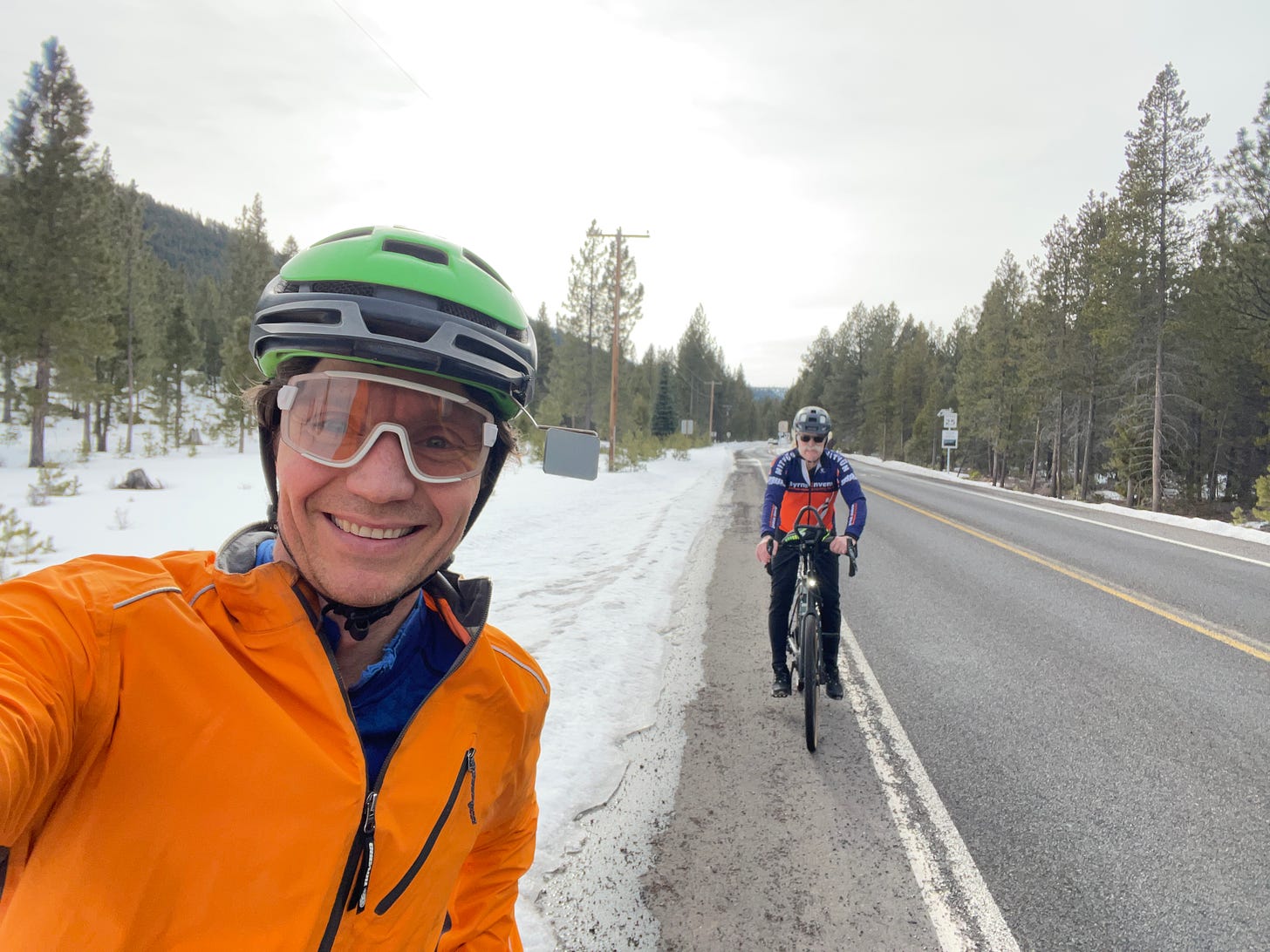
These happened at the same time?!
This compilation of unlikely simultaneous events from Kottke.org blew my mind. Jack the Ripper was on the loose when Nintendo was founded…in 1888?!
A few others I had to Google to confirm:
When pilgrims were landing on Plymouth Rock, you could already visit what is now Santa Fe, New Mexico to stay at a hotel, eat at a restaurant and buy Native American silver.
The first wagon train of the Oregon Trail heads out the same year the fax machine is invented.
When the pyramids were being built, there were still woolly mammoths.
Oxford University was over 300 years old when the Aztec Empire was founded.
A toolkit for sleep
I tweaked an old back injury installing our new stove (sigh) and slept like absolute garbage for over a week. A hearty reminder that not sleeping is basically the worst.thing.ever.
To help, Chelsea found Stanford neurologist Andrew Huberman’s Toolkit for Sleep, which is chock-full of wise suggestions. A few of his ideas:
View sunlight by going outside within 30-60 minutes of waking. Do that again in the late afternoon, prior to sunset. If you wake up before the sun is out and you want to be awake, turn on artificial lights and then go outside once the sun rises.
Wake up at the same time each day and go to sleep when you first start to feel sleepy. Pushing through the sleepy late evening feeling and going to sleep too late (for you) is one reason people wake at 3 am and can’t fall back asleep.
Limit daytime naps to less than 90 min, or don’t nap at all. I love naps as do many of my colleagues. I tend to nap for 30 min most afternoons… maybe 45 min, but never longer.
Expect to feel really alert ~1 hour before your natural bedtime. This is a naturally occurring spike in wakefulness that sleep researchers have observed. Don’t freak out if it happens. It will pass!
The other thing that helped me? PAINKILLERS, baby.
Traipsing About Tidbits
The takeaways from this Wharton professor who required his students to use ChatGPT are such an empowered way to approach AI vs. ESSAYS ARE OVER AHHHH.
I cracked up multiple times reading this Adventure Journal review of questionable utility of the writer’s second child. “I acquired her in the, uh, usual way about 15 months ago…”
Our bird population has soared after our garden project, so we recently applied these decals to prevent flutterers from hitting our windows.
I’m loving this couple’s newsletter about international nomading after selling everything and hitting the road. I like that they are middle-aged and not gap year 20-somethings. (Here’s their nomad origin story.)
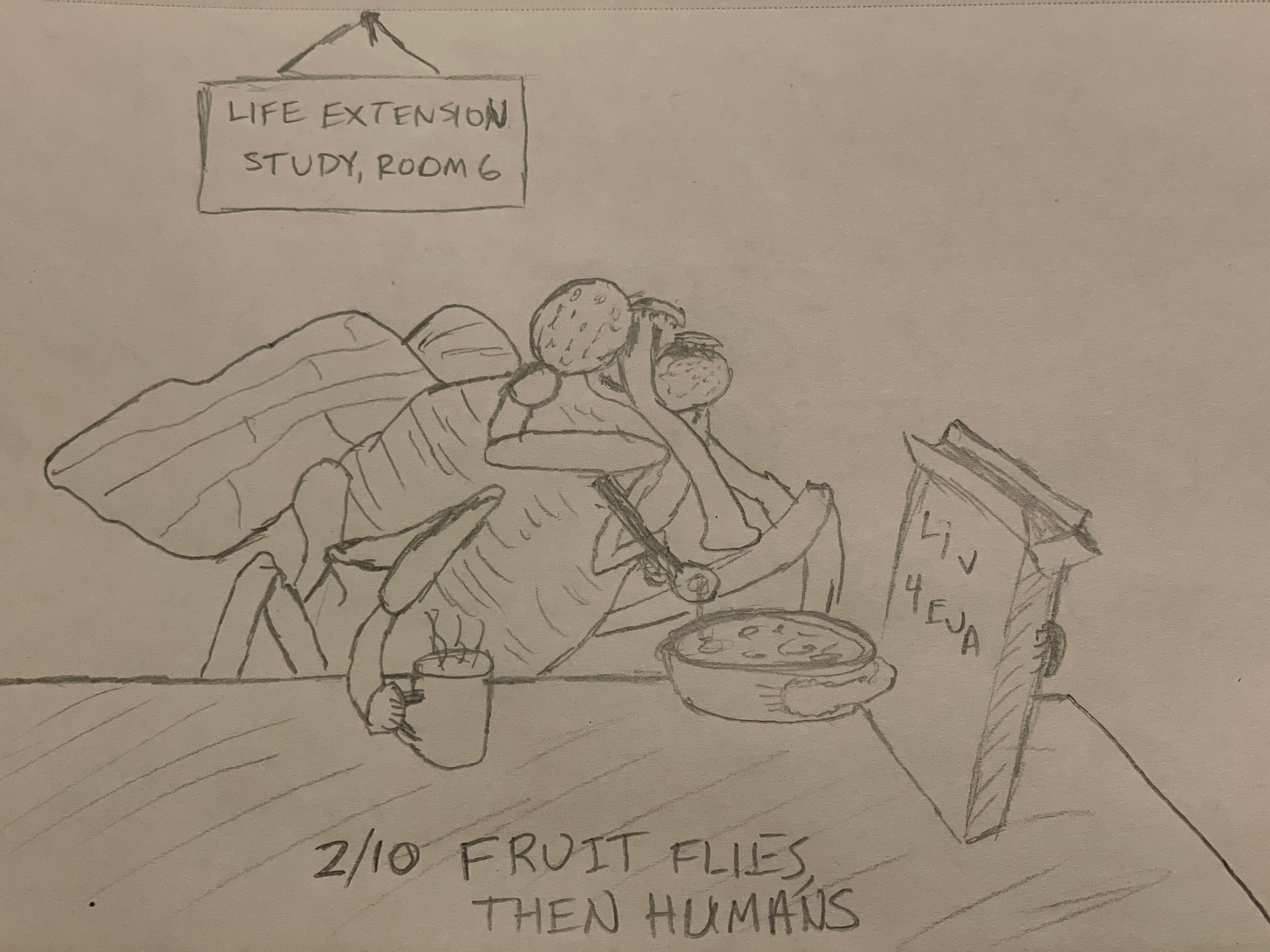
Quote of the Week
I’ll end with a quote from a must-read book that opened my eyes to many things related to aging, Being Mortal by Atul Gawande:
The simple view is that medicine exists to fight death and disease, and that is, of course, its most basic task. Death is the enemy. But the enemy has superior forces. Eventually, it wins. And in a war that you cannot win, you don’t want a general who fights to the point of total annihilation. You don’t want Custer. You want Robert E. Lee, someone who knows how to fight for territory that can be won and how to surrender it when it can’t, someone who understands that the damage is greatest if all you do is battle to the bitter end.
As a culture, we could learn a few things about dying with grace and second line parades!
You’ve reached the end of Traipsing About newsletter #119.
This week’s unsolicited advice has two options (or do both):
Call a dear friend you’ve been missing. Life is too damn short.
Download Anki, read my post on setting it up, and turbocharge your learning!
Catch you in a couple of weeks, amigos.
P.S. When the world ends, the last Blockbuster (in Bend!) will still be here.
Thanks for reading Traipsing About! I appreciate you taking the time. If you enjoy this newsletter, please forward to a friend. And if you’re that friend and want to subscribe, just hit the button below.

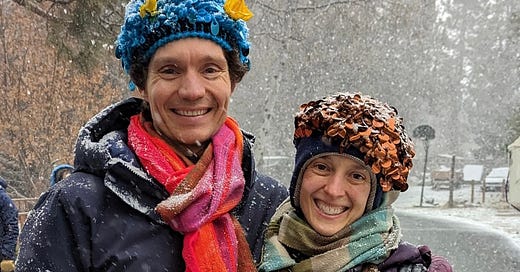


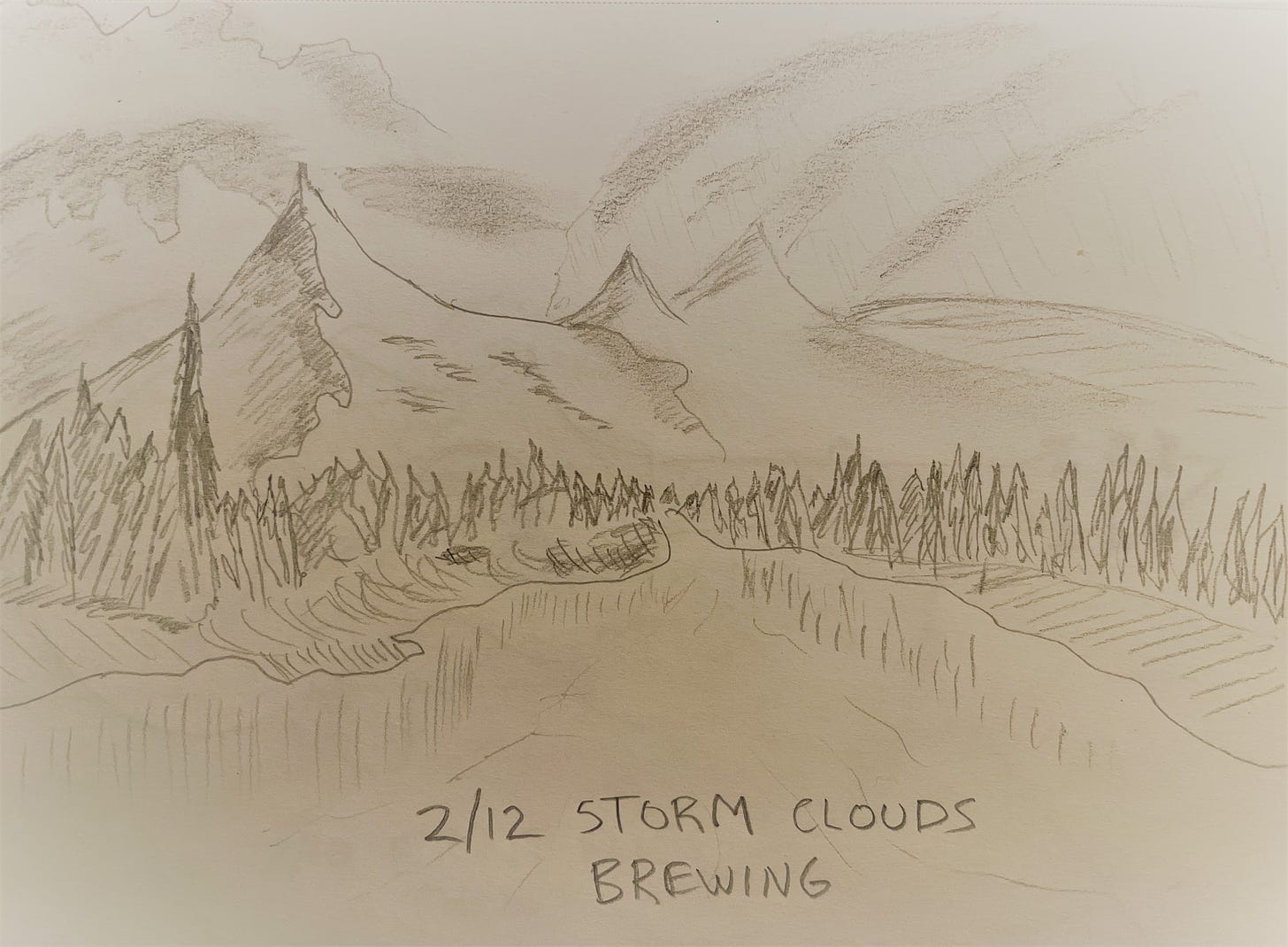
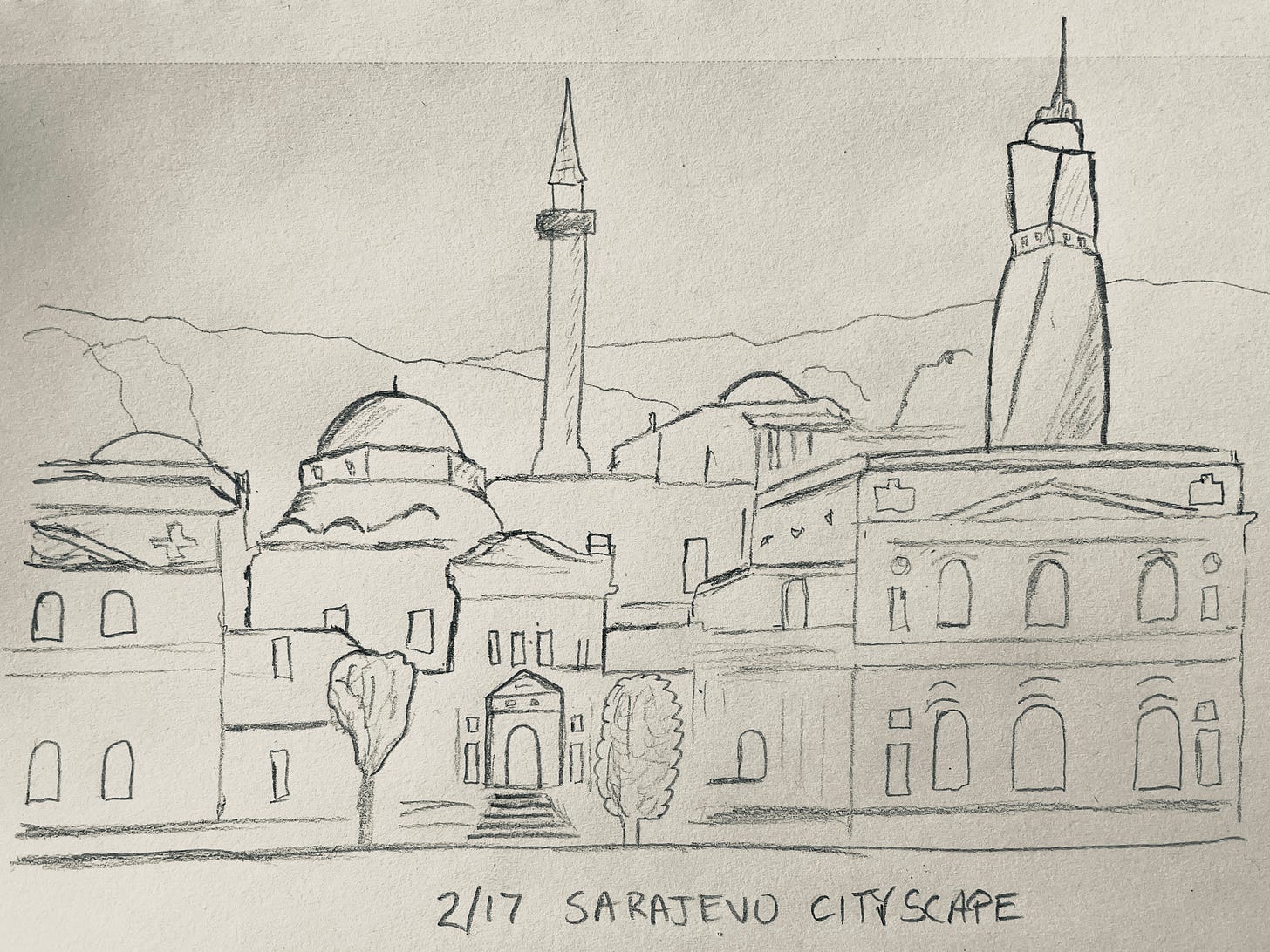
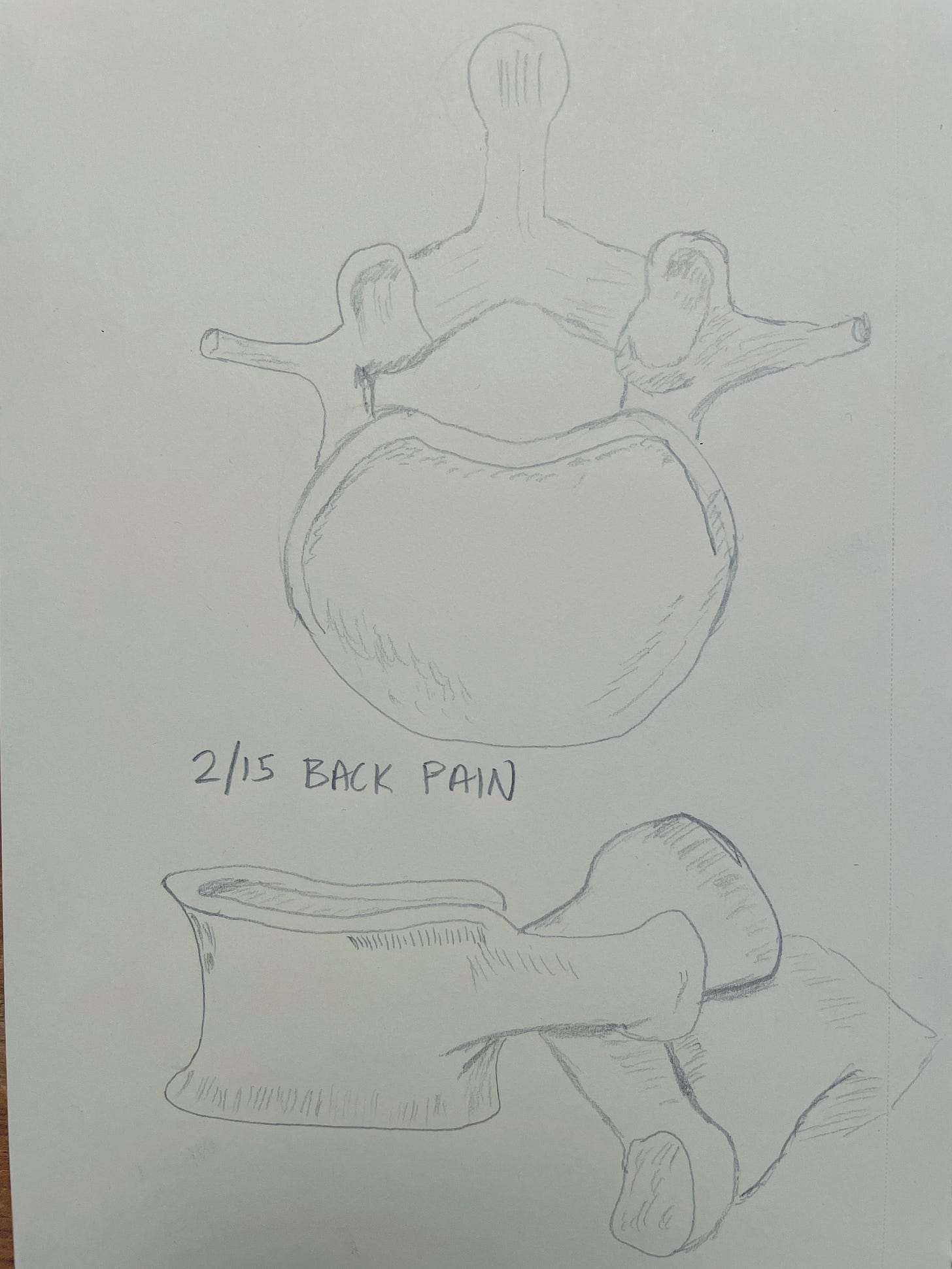

Great newsletter, as always!
Such a beautiful tribute to your neighbor Lee! He sounded like an incredible human. Also, you inspired me to try Anki!
Hugs to you and C!